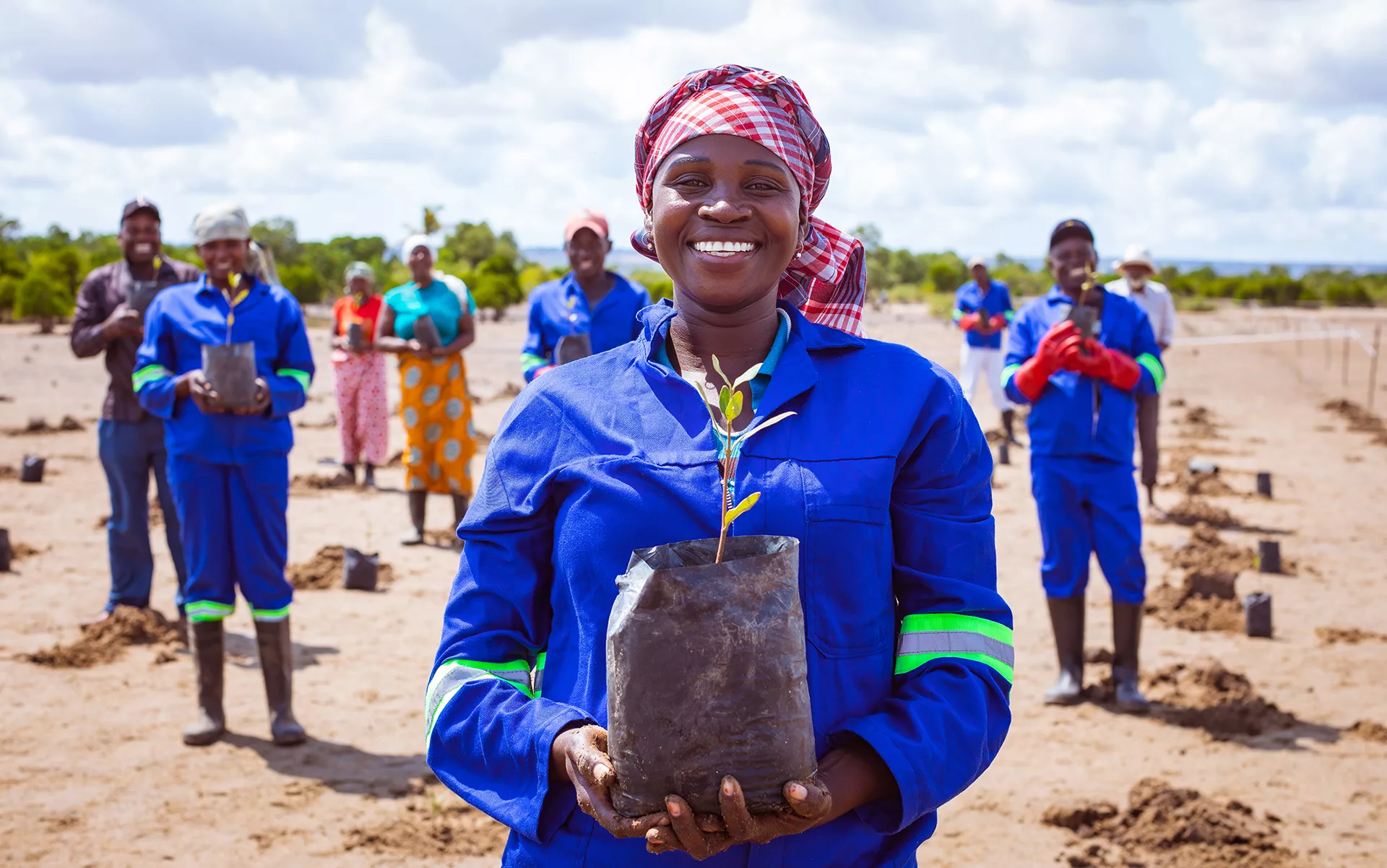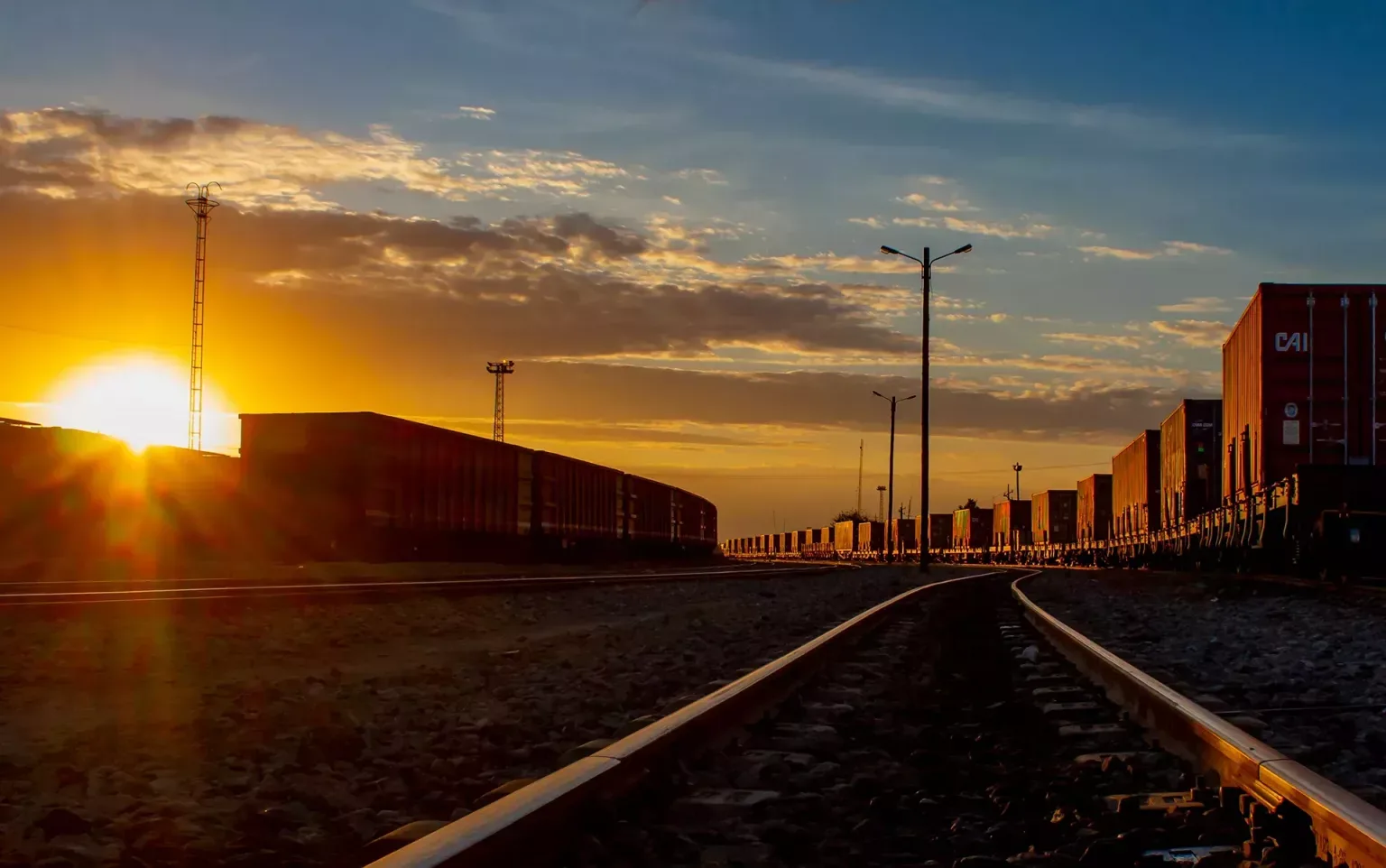Abhay Mishra, CEO of Nacala Logistics, introduces the logistical mega-enterprise connecting almost 1,000 kilometres of railway across Southern Africa.
LAYING THE TRACKS OF THE CARGO CORRIDOR
In the landlocked nation of Malawi a lifeline of connectivity is being forged, creating a vital link between the northern regions of Mozambique, the coastal gateway of the Nacala-à-Velha Port, and onward to Zambia.
The ongoing development of the Nacala Corridor represents a mega-enterprise that is set to revolutionise the efficient transportation of coal, general cargo, passenger services and port management through integrated logistics solutions across Southeast Africa.
Combining the powerful trifecta of the Nacala-à-Velha Port, the Northern Railway, and the Malawian Railway System, the corridor will channel the synchronicity of major forces of transport working in unison to provide unrivalled safety, quality, and efficiency with rail as its backbone.
Today, the best interests of all logistics companies operating along the corridor – namely Northern Development Corridor (CDN), Integrated Logistics Corridor of Nacala (CLN), Africa Logistics Company (CLA), and Central East African Railways (CEAR) – are consolidated and represented under one enterprise and trading name – Nacala Logistics (NL).
“This is undoubtedly one of the largest logistics infrastructure projects built in Southern Africa.”
The opening words of Abhay Mishra, CEO of NL, encapsulate the sheer magnitude of this colossus of logistical solutions. Indeed, encompassing the multi-user terminal port of Nacala-à-Velha, 1,600 kilometres (km) of railway system between the port and Cuamba (Mozambique), with two branches at Cuamba-Entre-Lagos and Cuamba-Lichinga, plus the 912km stretch of rail from Nacala- à-Velha to Moatize (Mozambique) via Malawi, NL’s remit is vast.
As a logistics partner of the major coal exporter Vulcan Mozambique, NL specialises in coal logistics, general cargo, and passenger transport in addition to port operations.
Its coal logistics are expedited by trains made up of four locomotives and over 120 wagons that carry coal from Moatize to Nacala-à-Velha, which has an annual capacity of 18 million tonnes and three coal yards of one million tonnes each.
In terms of general cargo transport, NL has a capacity of four million tonnes a year for transporting containerised, bagged, bulk and liquid cargo – primarily fuel – alongside a variety of products including fertilisers, wheat, tobacco, cotton, soybeans, peas, tea, sugar, clinker, salt, gypsum, soap, and containers.
“We generate a value chain for more than 500 suppliers that serve an entire structure of 912km of railway, from maintenance services, works and infrastructure, food, accommodation and various consumables,” Mishra outlines.
“Our mission is to provide integrated logistics solutions with safety, quality and efficiency, and our vision is to be a reference in the supply of logistics solutions in Southern Africa, adding value to our clients and customers, through engaged people and sustainable processes.”
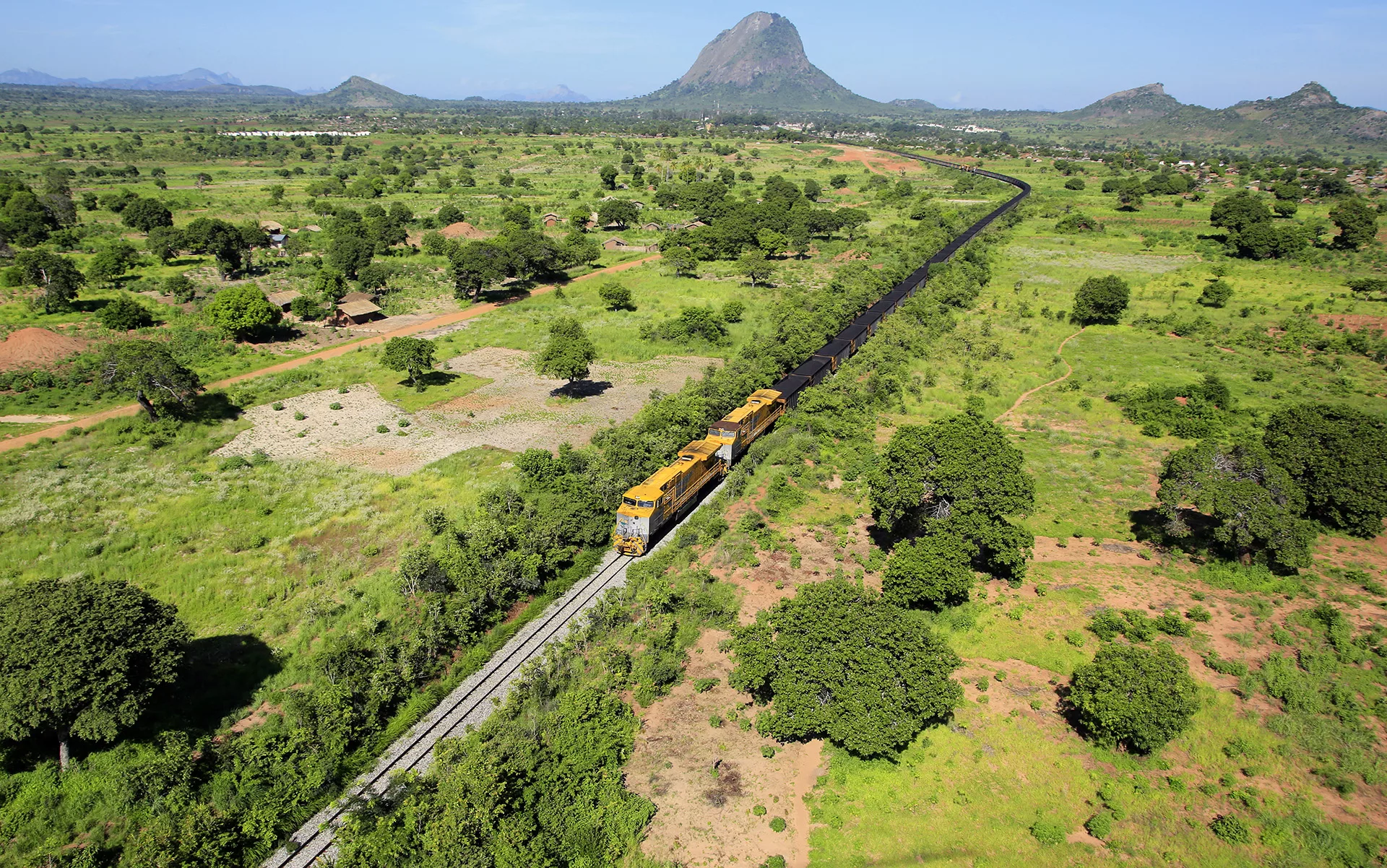
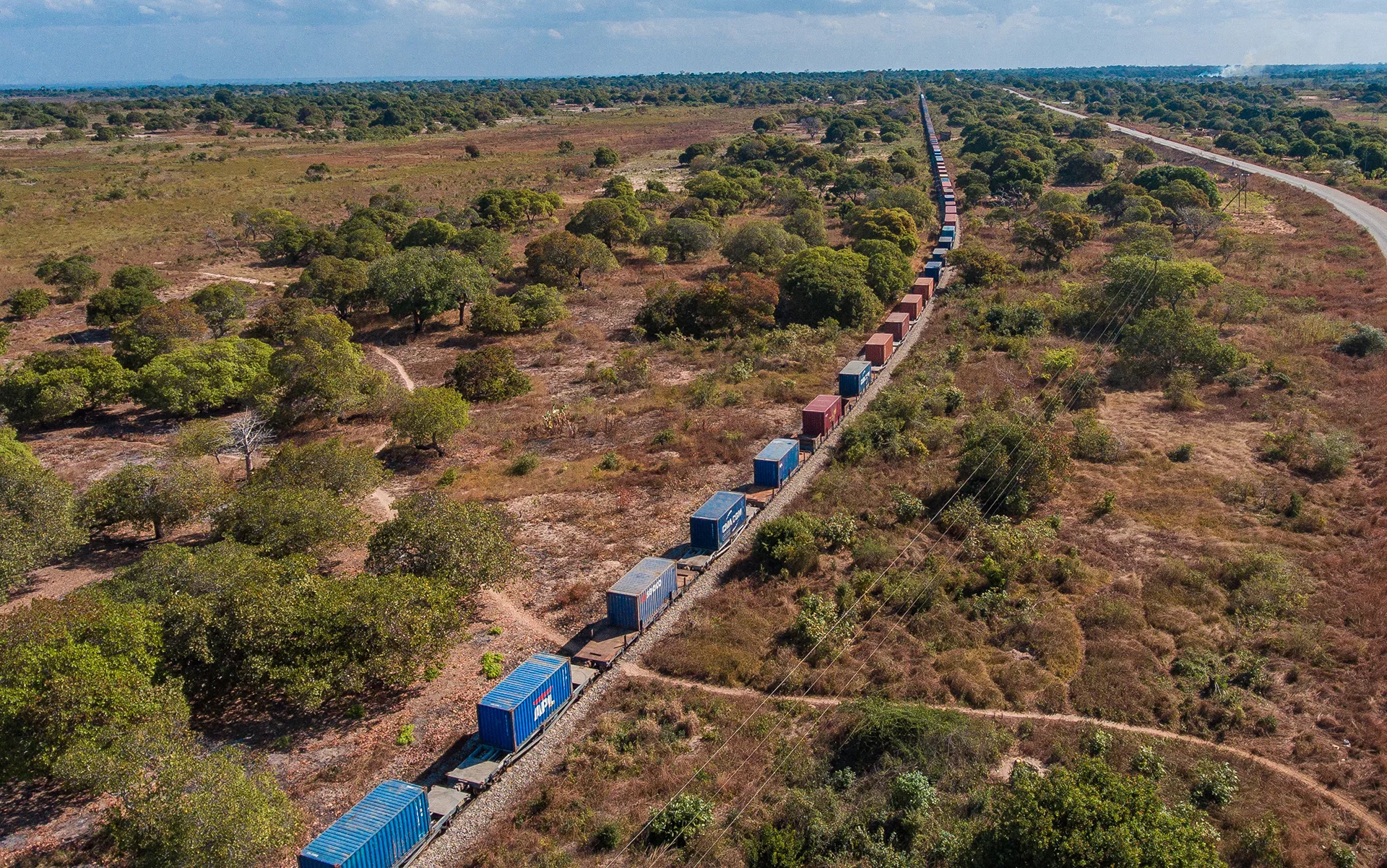
ADDING VALUE
As Mishra suggests, the concept of ‘adding value’ is central to NL and this is seen across the board – whether in reference to its customers and clients, its staff, or by contributing to the socio-economic upliftment of the countries in which it operates. It was this foundational purpose – to add value – that initially drew Mishra himself to the role.
“After the recent change in management, I saw this position as a great opportunity to lead a multi-cultural international team and add value,” he recalls. Since that takeover, significant improvements have ensued, with NL overcoming major operational and maintenance issues within a short space of time.
“I am happy to share that the NL team has broken all previous operation records of the railways and port within the first four months after being taken over by the present company,” Mishra states proudly.
As a railway network with world-class assets, NL offers undeniable value to its clients through the facilitation of an indispensable transport link for goods and services. Serving a diverse roster of clients from around the world, approximately 70 percent of NL’s market is based in Asia as the majority share. Meanwhile, Africa represents the company’s second largest market at five percent.
Despite this international outlook, NL maintains an explicit emphasis on adding value to its countries of operation – primarily Malawi and Mozambique – through its contribution to the local economy. This is primarily in the form of paying taxes directly to the government.
“To give you an idea, from 2019 to the end of the third quarter of 2022, NL paid approximately USD$540 million in taxes, including corporate taxes, concession fees, and others,” Mishra tells us.
Equally important, however, is the means of connection that NL’s rail system provides for local agricultural producers throughout Mozambique, who rely on the transport of their produce across provinces for commerce and financial income.
“Agricultural products from Niassa, for example, travel more than 500km using NL trains, to be marketed in the northern province of Nampula. This has a very positive impact on the local economy, helping small family producers to market their production in a country where there are still major infrastructure challenges,” he explains.
“In other words, if it weren’t for the NL trains, much agricultural production could rot due to lack of a market.”
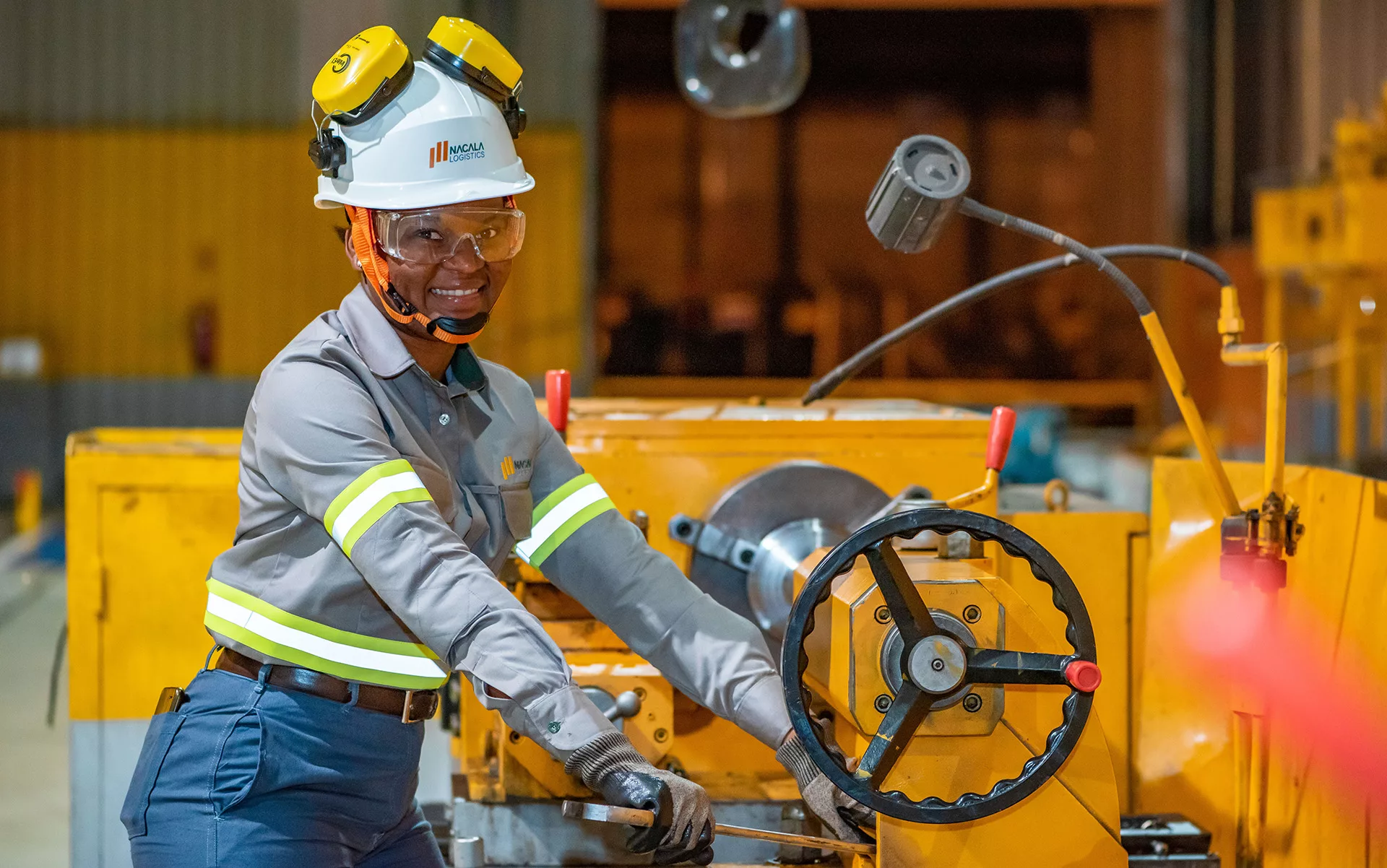
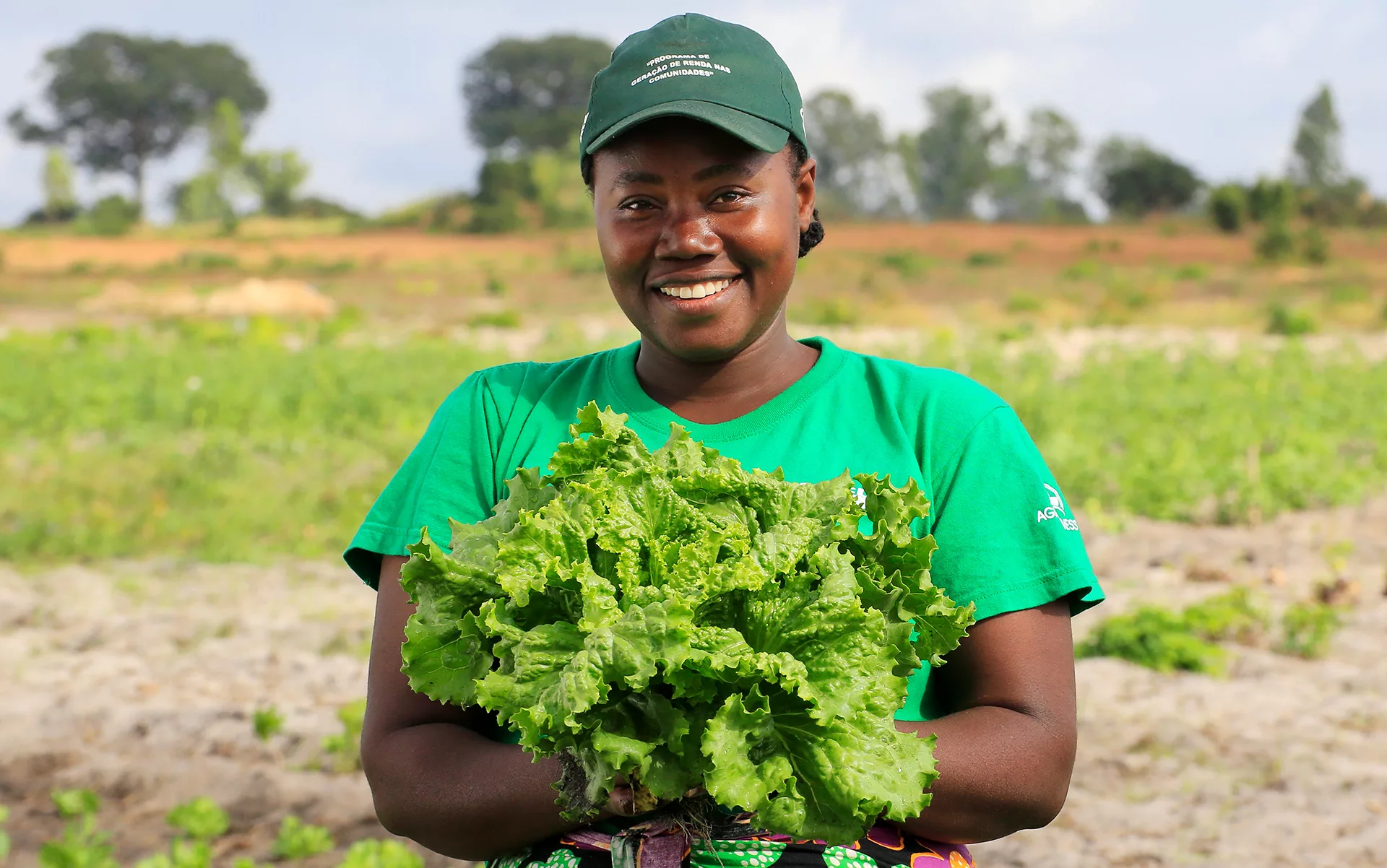
LOCAL DEVELOPMENT
For Mishra, the ultimate culmination of the company’s emphasis on adding value and positively contributing to its local surroundings, is the myriad employment opportunities that NL creates.
“We believe that our biggest contribution to the economy of Mozambique is through job creation,” he says. “By employing 2,000 people, NL is helping an equal number of households and around 12,000 people, since an average household here has five members.”
In addition, providing jobs for workers from subcontracted companies has the multiplier effect of generating income for thousands of households.
“Across our human resources structure, almost 100 percent of our employees are local labour, with over 80 percent local leadership. We are a reference company in terms of the dream of employability of several professionals in the country and aspiring Mozambican students from the northern region,” Mishra shares.
Throughout its history, NL has maintained a strong support programme for local development throughout its regions of operation. Several initiatives are key in this regard, reflecting the positive impact that NL hopes to have on its surrounding communities.
Through its sustainability programmes, NL effectively supports 14,000 households and approximately 4,000 people in agriculture, as the cornerstone of regional economic activity. By distributing 4,000 tonnes of crop seeds to local communities, NL helps households to improve the production and productivity of the main crops produced locally, including peanuts, rice, maize, sesame, beans and vegetables.
“The impact of this programme has been very positive, with the beneficiary family producers adopting new environmentally friendly production techniques and increasing productivity above the local average,” Mishra observes.
Efforts such as this, pertaining to food security, are becoming increasingly important in the face of climate change, as Southern Africa is one of the many regions across the world to be severely impacted by extreme weather events as a result of climate change. In recent years, this has included cyclones, strong winds, severe rains and flooding. As such, NL’s support for local families is a welcome contribution to guarantee a vital food supply.
Elsewhere, NL participates in supporting local fishermen in the Nacala district and providing school lunch support to further food security across the region.
“All our actions are based on the values that guide us and one of them is undoubtedly respect for the communities and our environment,” Mishra states.
GOING GREEN
In terms of how NL demonstrates its commitment to the environment as a responsible corporate citizen, by its very nature, rail is one of the greenest solutions for transport at scale. As such, the company can be considered an advocate for green logistical solutions.
“In a nutshell, Nacala Logistics is 100 percent committed to being an eco-friendly solution and providing the best transport alternative within the North Corridor,” surmises Mishra.
The company’s efforts towards becoming an increasingly environmentally friendly solution are best embodied by the NL ‘Go Green’ initiative. The demand for the scheme was identified within the NL customer base, and the company was quick to respond.
“This has pushed our actions in a way to improve our services in order to position the railway as the best alternative for moving cargo. Major companies (shipping lines, fertiliser and cement suppliers, etc.) are evolving their strategies to engage with “Go Green” as a flagship for enhancing their businesses,” he shares.
Several initiatives are currently in motion as NL continually strives to mitigate its greenhouse gas (GHG) emissions. This includes a reduction in the number of locomotives to pull while trains are manoeuvring in the yard and loading coal to reduce diesel consumption and the carbon monoxide (CO) emissions caused by burning that fuel.
In addition, NL has reduced the number of locomotives used during the unloading of coal in the port from two to just one engine. Throughout these coal yards, NL has begun sprinkling the piles of coal during the unloading process in order to avoid the emission of harmful particulates.
To further reduce diesel consumption across both the port and railway operations, NL now reverts to using its power generator system exclusively in emergency situations. Simultaneously, the company is now in the process of exploring transitioning its air conditioners from chlorofluorocarbons (CFC) gases to less polluting, environmentally friendly 410 A Gas.
Finally, NL is championing a greener environment in the most literal sense through the revegetation of degraded areas along its railway and port systems and improving the development of mangrove forests at the Nacala-à-Velha Port.

“Nacala Logistics is 100 percent committed to being an eco-friendly solution and providing the best transport alternative within the North Corridor”
Abhay Mishra, CEO, Nacala Logistics
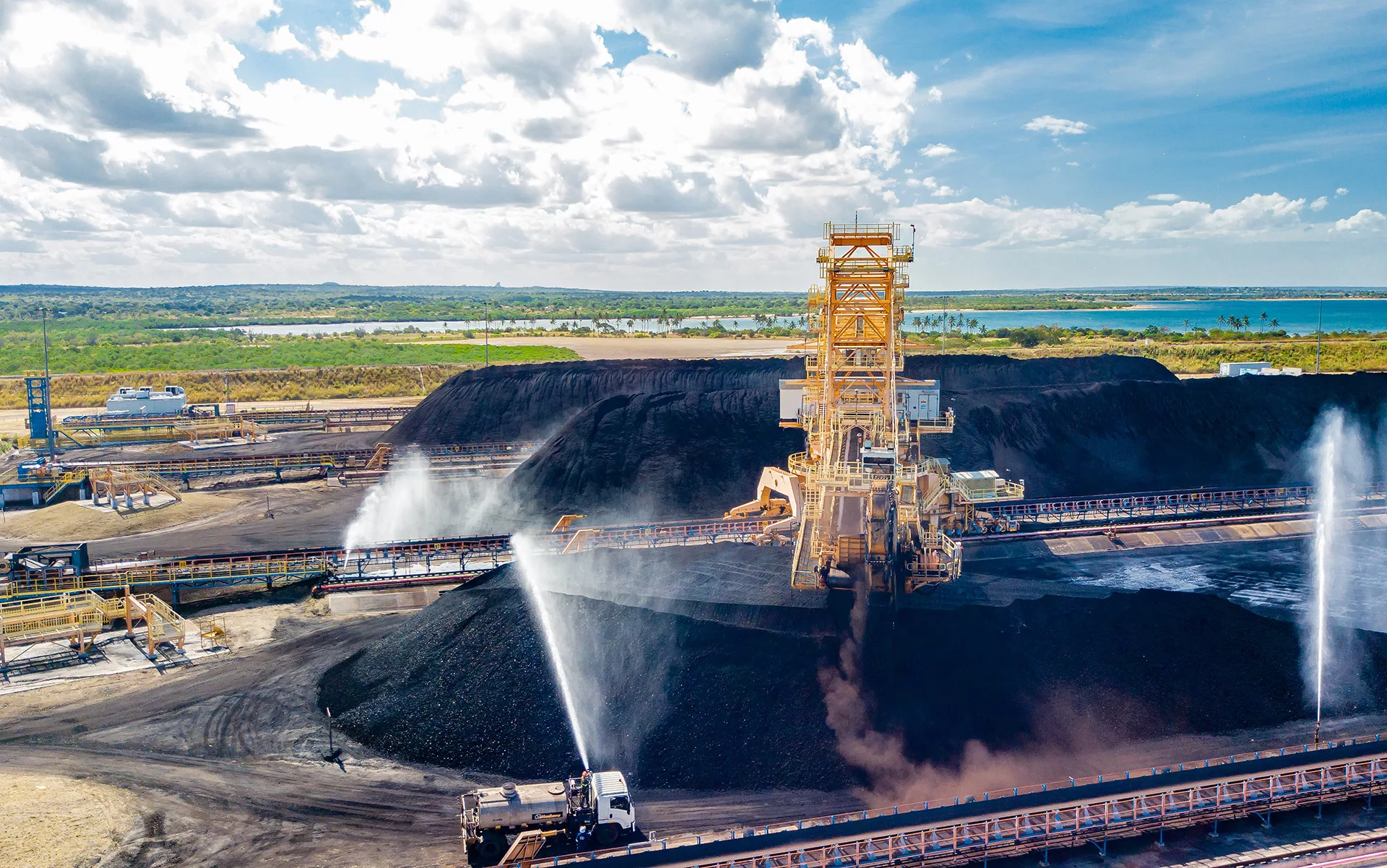
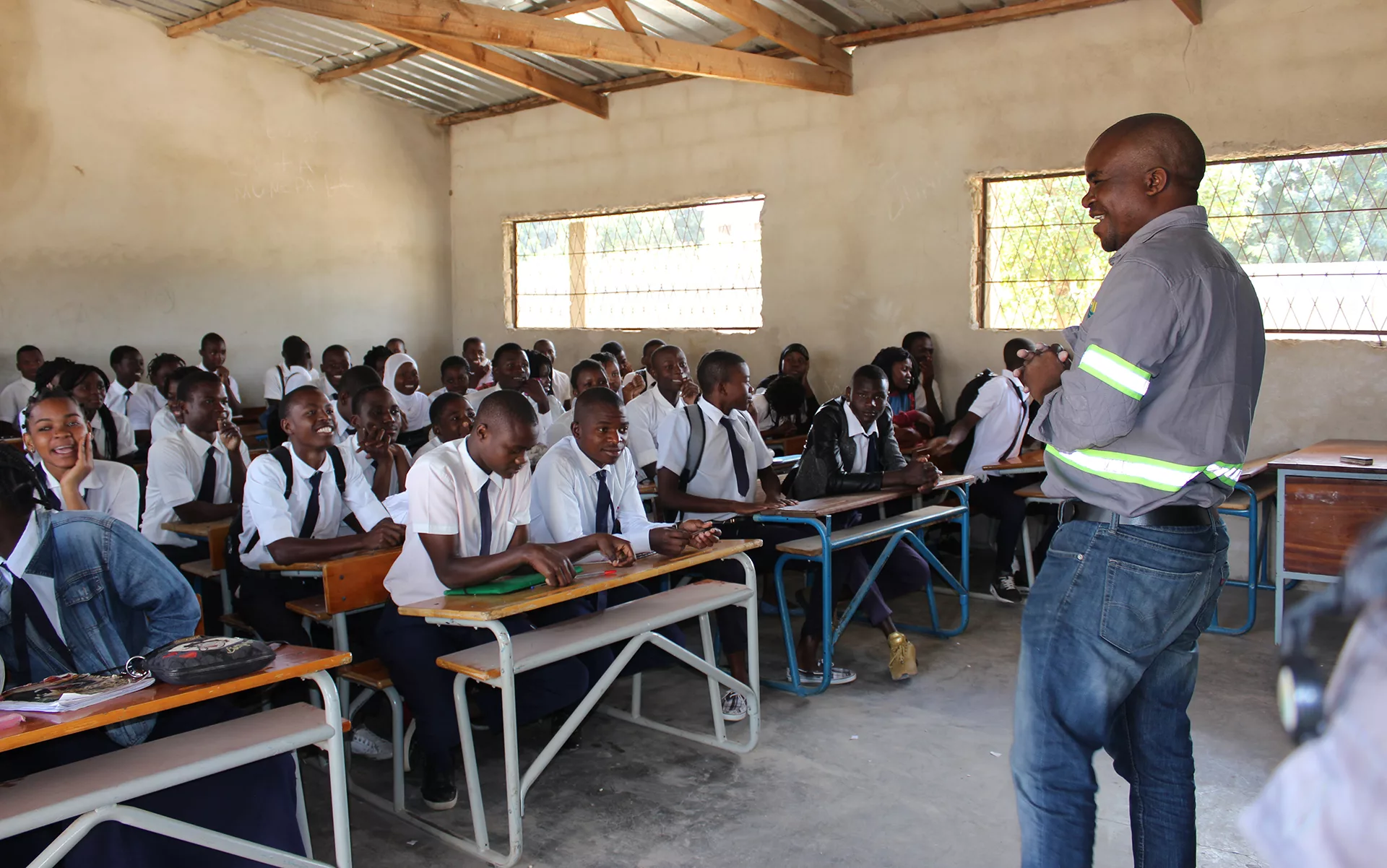
THE TRACKS AHEAD
With his eyes on the future, Mishra endeavours to ensure that the Nacala Corridor reaches its fullest level of potential.
“Looking at our commercial footprint, the natural vocation for the corridor is to reach its full extension. In the short-term, this will entail taking the railways to operate up to the border of Zambia,” he details.
In order to attain this, NL may look to diversify into other transport modes and will explore the possibility of integrating with a road model in order to optimise flows whilst supporting the growth of the corridor in its full capacity.
Despite these major ambitions, the number one focus for the immediate future is to get NL back on track in the wake of turbulence.
“The key priority for NL is to stabilise its operations. After the transition from our shareholding restructure and the huge effects that have come from two cyclones passing through Mozambique and Malawi, we have had to practically recover from scratch,” says Mishra.
Although a significant setback for NL’s progress, such natural events are a poignant reminder of why the company’s continued efforts in contributing to the local community through economic uplift, implementing food security, and sustainable initiatives, are so vital.
Resolutely committed to adding value, with engaged people behind operations centred on sustainable processes, NL will continue to lay the tracks of Southern Africa’s largest infrastructural advantage.
